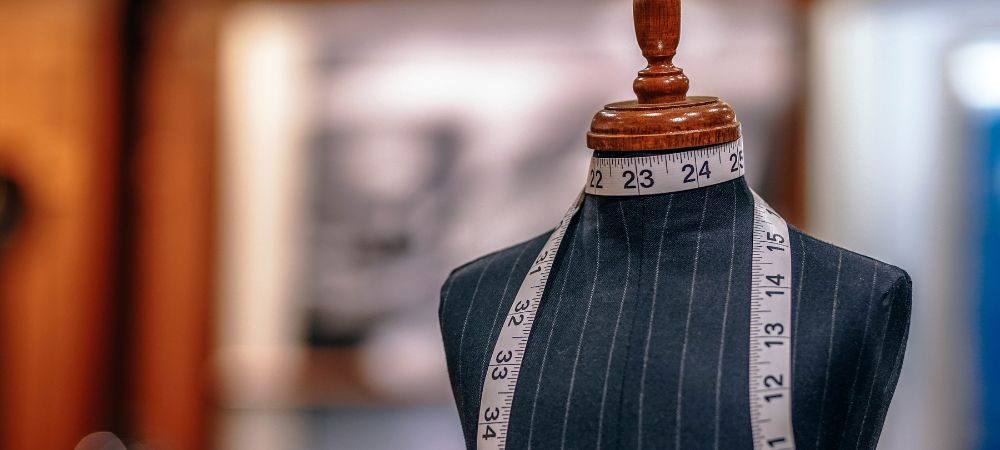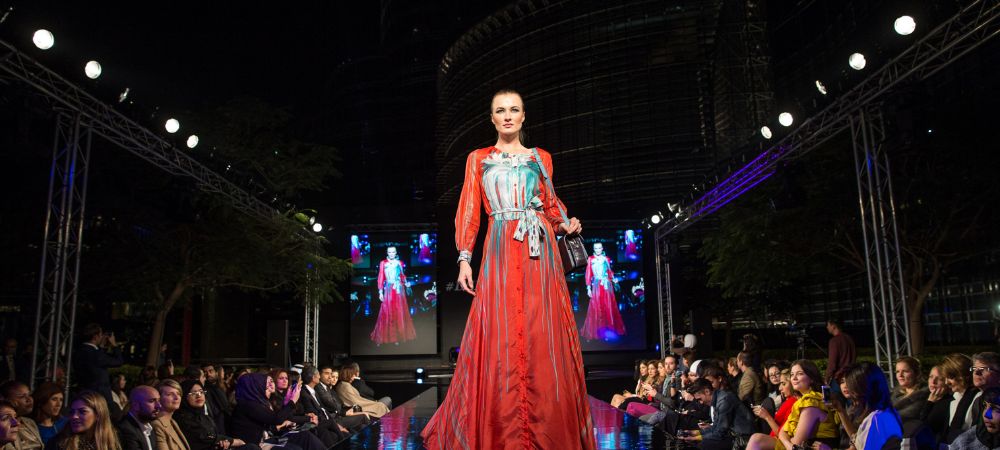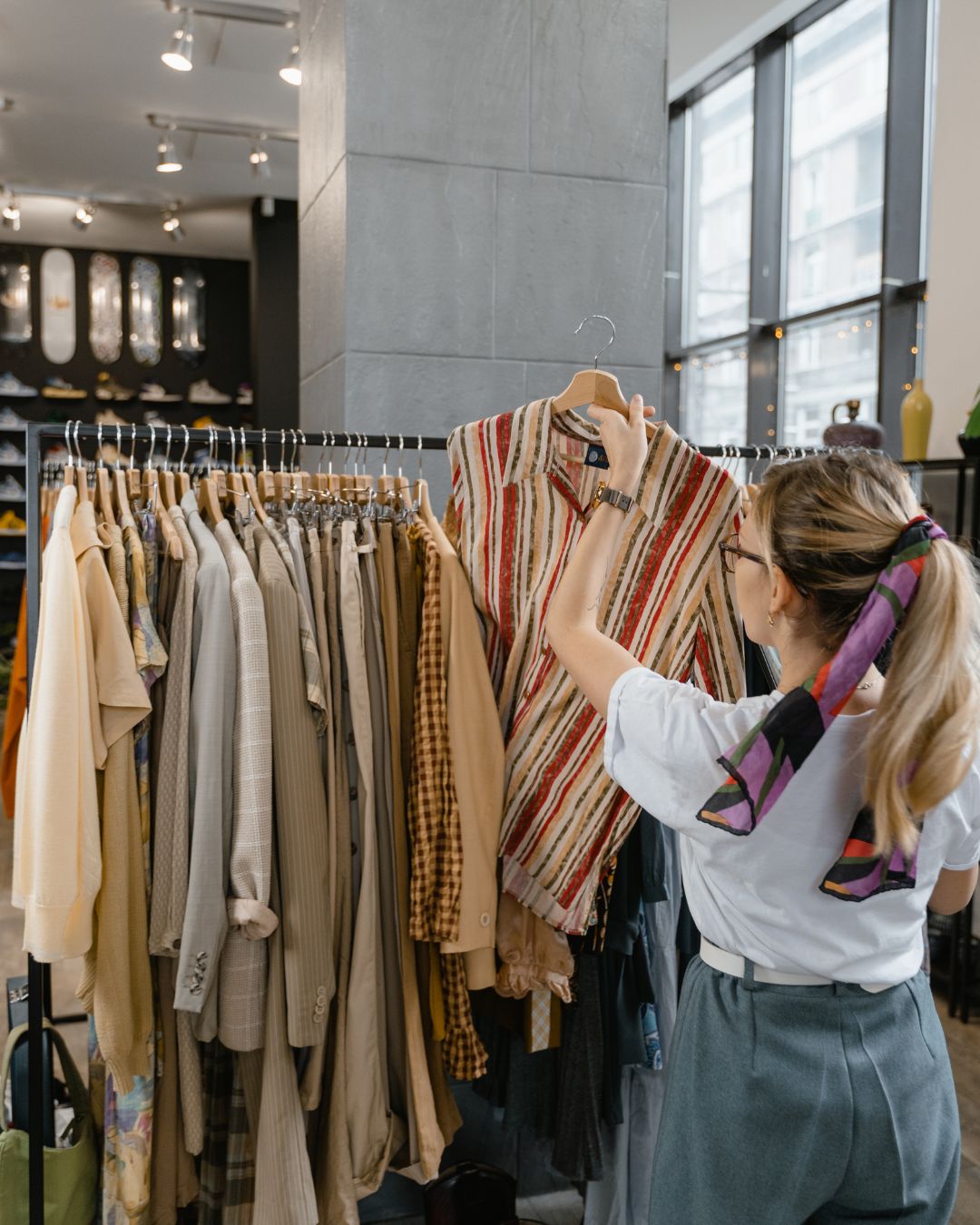

Social media plays a crucial role in reaching target audiences in the fashion industry. It allows brands to connect with their customers on a more personal level, engage them with content that resonates, and ultimately drive sales. Without social media platforms, it would be extremely challenging for fashion brands to reach their desired audience effectively.
To read more visit this. One of the main reasons why social media is so important for fashion marketing is because it provides a direct line of communication between brands and consumers. Instead of relying solely on traditional advertising methods, such as print or television ads, brands can now interact with their audience in real-time through platforms like Instagram, Facebook, and Twitter. This allows for immediate feedback and engagement, which can help build brand loyalty and trust.
Another key benefit of social media in the fashion industry is its ability to reach a wide range of demographics. Unlike traditional forms of marketing that may only target a specific group of people, social media has the potential to reach a global audience. This means that fashion brands can connect with customers from all walks of life, regardless of age, location or interests.
Furthermore, social media platforms offer valuable insights into consumer behavior and preferences. By analyzing data such as likes, shares and comments, brands can gain a better understanding of what their audience wants and tailor their marketing strategies accordingly. This level of customization is essential for staying relevant in an ever-changing industry like fashion.
In conclusion, social media platforms are indispensable tools for reaching target audiences in the fashion industry. They provide brands with a unique opportunity to engage with customers on a personal level, reach diverse demographics, and gather valuable insights into consumer behavior. Without these platforms, it would be nearly impossible for fashion brands to effectively market their products and connect with their desired audience.
When it comes to leveraging social media for brand promotion and customer engagement in fashion marketing, there are several key strategies that can be used. Social media has a huge influence on how people perceive and interact with brands, so it is important to use it effectively.
One of the most important strategies is to create engaging content that resonates with your target audience. By posting relevant and interesting posts, you can attract more followers and build a loyal customer base. Another key strategy is to interact with your followers by responding to comments and messages in a timely manner. This shows that you care about their opinions and value their feedback.
Furthermore, using influencers and collaborating with other brands can help increase your reach and exposure on social media platforms. By partnering with individuals or companies who have a large following, you can tap into their audience and gain more visibility for your own brand.
In addition, utilizing paid advertising on social media can also be effective in reaching a larger audience. By targeting specific demographics and interests, you can ensure that your ads are seen by the right people who are likely to be interested in your products or services.
Overall, by implementing these key strategies for leveraging social media in fashion marketing, you can effectively promote your brand and engage with customers in a meaningful way. Remember to stay consistent with your efforts and always listen to feedback from your followers to improve your online presence.
The first fashion magazine was released in Germany in 1586, noting the start of style journalism and influencing design patterns throughout Europe.
The famous little black gown (LBD) was popularized by Coco Chanel in the 1920s and continues to be a ageless staple in females's wardrobes all over the world.
Lasting style is gaining traction, with lots of brand names dedicating to decreasing environmental impact with the use of recycled materials and green production procedures.
Vintage style not only celebrates designs from the past yet is additionally taken into consideration a sustainable option, as it involves recycling existing apparel as opposed to generating brand-new things.
Social media plays a crucial role in fashion marketing.. It allows brands to reach a wider audience and engage with their customers on a more personal level.

Posted by on 2024-05-09
Influencer marketing in the context of fashion be a powerful tool for brands to connect with their target audience through social media.. It involve collaborating with influencers who have a large following and influence over their followers' purchasing decisions.

Posted by on 2024-05-09
Brand marketing is crucial in fashion industry because it helps to distinguish one company's products from their competitors.. Without strong branding, customers may not be able to recognize or remember a brand, leading to decreased sales and revenue.

Posted by on 2024-05-09
Analyzing data and feedback to always improve your marketing strategies is crucial for skyrocketing your fashion business.. By paying attention to what works and what doesn't, you can make informed decisions that will lead to greater success.

Posted by on 2024-05-09
When it comes to dominating the fashion industry with cutting-edge marketing strategies, analyzing market trends and consumer behavior is key.. By understanding what customers want and how they are currently engaging with brands, businesses can make strategic decisions that will set them apart from the competition.
One of the most important aspects of this process is staying ahead of the curve.

Posted by on 2024-05-09
Social media has a huge impact on fashion marketing, and there are plenty of case studies that show how successful brands have used it effectively in their campaigns. From Instagram to TikTok, these platforms have become essential tools for reaching audiences and creating buzz around new products.
One example of a brand that has excelled in using social media for marketing is Nike. They have consistently created engaging content that resonates with their audience, from inspirational athlete stories to behind-the-scenes looks at their latest collections. By leveraging influencers and user-generated content, Nike has been able to build a strong community of loyal customers who actively engage with their brand online.
Another great example is Glossier, a beauty brand that has built a cult following through social media. Their Instagram feed is filled with aesthetically pleasing images and videos that showcase their products in action, creating FOMO (fear of missing out) among followers. By fostering a sense of exclusivity and authenticity, Glossier has been able to drive sales and create a strong brand identity in the crowded beauty market.
Overall, social media has revolutionized the way fashion brands market themselves, allowing them to connect with consumers on a more personal level and drive engagement like never before. With the right strategy and creative content, any brand can leverage the power of social media to boost their marketing efforts and achieve success in today's digital landscape.

Influencers and user-generated content play a major role in shaping consumer perceptions of fashion brands on social media. They have a big impact on how people view and engage with different clothing, accessories, and trends.
When influencers post about a brand or product, their followers often trust their opinions and recommendations. This can influence consumers to try out new styles or purchase items they may not have considered before. User-generated content, such as photos and reviews from customers, also helps potential buyers get a better idea of what the brand is all about.
Without these influencers and user-generated content, it would be much harder for fashion brands to reach their target audience and stand out in the crowded market. People are constantly bombarded with advertisements and promotions online, so having real people share their experiences with a brand adds authenticity and credibility.
Although some may argue that influencer marketing is overrated or lacks transparency, it cannot be denied that it has changed the way we perceive fashion brands. It is important for companies to find the right balance between working with influencers and creating genuine connections with their audience.
So next time you see your favorite influencer rocking a new outfit or read a positive review from another customer, remember that these interactions are shaping your perception of fashion brands more than you may realize!
When it comes to social media influence on fashion marketing, analyzing trends within the fashion industry is essential. Social media platforms have a huge impact on how brands promote their products and connect with consumers. In today's digital world, staying ahead of the curve is crucial for success.
One of the key aspects of social media marketing in the fashion industry is understanding what trends are popular among consumers. By monitoring social media channels, brands can identify which styles, colors, and designs are resonating with their target audience. This information can then be used to create targeted marketing campaigns that appeal to consumers' preferences.
Another important aspect of social media marketing in fashion is engaging with customers through platforms like Instagram, Facebook, and Twitter. Brands that interact with their followers and respond to comments and messages are more likely to build a loyal customer base. Building relationships with customers online can lead to increased brand loyalty and repeat purchases.
Moreover, tracking analytics on social media platforms can provide valuable insights into how well marketing campaigns are performing. By analyzing engagement rates, click-through rates, and conversion metrics, brands can optimize their strategies for better results.
In conclusion, staying up-to-date on trends in social media marketing within the fashion industry is crucial for success. By understanding consumer preferences, engaging with customers online, and analyzing data-driven metrics, brands can create effective marketing campaigns that drive sales and build brand awareness.

Using social media for fashion marketing can bring about a lot of challenges and ethical considerations. It's not always easy to navigate the ever-changing landscape of online platforms and keep up with the latest trends. One major challenge is the constant pressure to create engaging content that will stand out in a sea of other brands. It's important to stay authentic and true to your brand while also staying relevant.
Another challenge is dealing with negative feedback and criticism from customers. It can be tempting to ignore or delete these comments, but it's important to address them in a respectful manner. This shows that you value your customers' opinions and are willing to listen and learn from them.
Ethical considerations also come into play when using social media for fashion marketing. It's crucial to be transparent about sponsored content and collaborations with influencers. Customers should know when they are being marketed to, so they can make informed decisions about their purchases.
Overall, social media can be a powerful tool for fashion marketing, but it comes with its own set of challenges and ethical dilemmas. By staying true to your brand, engaging with customers respectfully, and being transparent about your marketing efforts, you can navigate these obstacles successfully.